Covid-19 recovery: Singapore MPs call for more digital economic plans, govt aid, mental health awareness
12 October 2020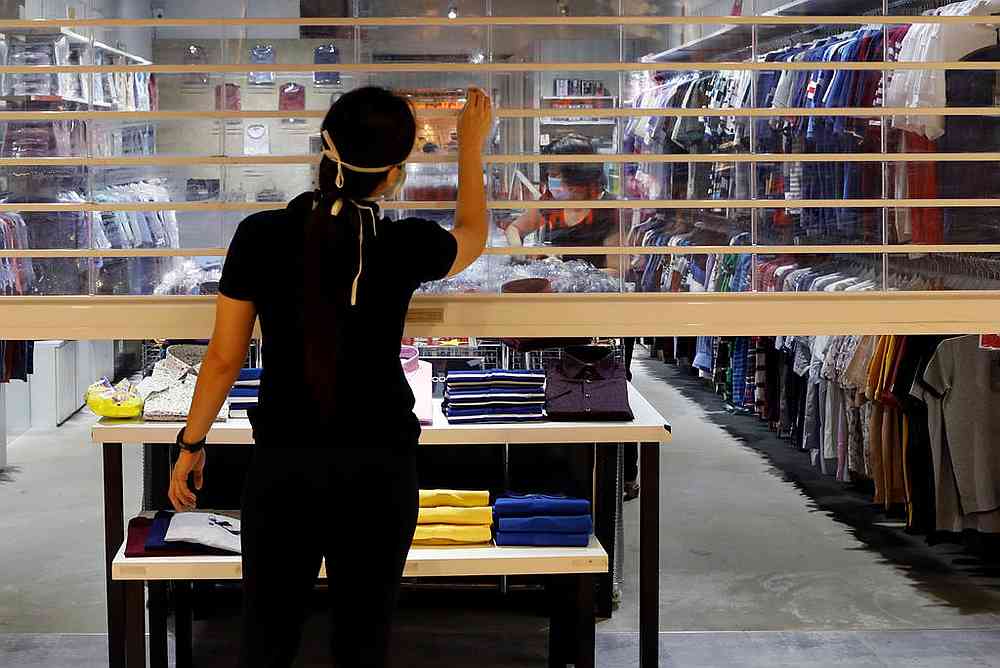
SINGAPORE, Oct 15 — Life may be slowly returning to normal, several Members of Parliament (MPs) noted yester, but the next round of Singapore’s pandemic response will require critical steps for the country to thrive in the new digital economy.
It will also require its workforce to raise their productivity while not leaving behind vulnerable segments of the population and those crushed by the Covid-19 crisis.
Against this backdrop, 22 MPs debated Deputy Prime Minister Heng Swee Keat’s ministerial statement on the economic strategies needed to emerge stronger from the pandemic last week, as well as the extra S$8 billion (RM24.36 billion) of Covid-19 financial support measures that he unveiled in August.
Opening the debate, Bukit Panjang MP Liang Eng Hwa said that the country is in a much different position than in March, when the coronavirus had its outbreak here.
More has been understood about the infectious disease, fatality rates were kept low, and the public has largely been accustomed to the health measures put in place, he said.
“It is therefore timely that the government signals that we are entering into the next phase of our battle with the pandemic. And importantly, to also set our sights on how we will eventually emerge from the crisis and press on with our longer-term strategic priorities,” Liang said.
In a 4.5-hour session following parliamentary questions, MPs from the ruling People’s Action Party and the opposition Workers’ Party, as well as Non-Constituency MPs (NCMPs) from the Progress Singapore Party, spoke up about the country’s future direction.
A sustainable digital economy
The MPs noted that the future of work has become more digitally connected and globalised, while the global economy has become more localised.
Jessica Tan, MP for East Coast Group Representation Constituency (GRC), highlighted how digital technology has accelerated the disruptions and has played a crucial role in enabling connectivity and operations to continue when physical borders and interactions are restricted.
At a time when companies are balancing their financials, she urged the government to be the one to continue its drive for innovation and investing in connected infrastructure.
“It is not about digitalising the economy but about connecting Singapore to the world and in understanding the opportunities such that Singapore can be relevant — so that our people and businesses continue to have opportunities and better lives,” Tan said.
Jurong GRC MP Shawn Huang, who is a director at state investment firm Temasek Holdings, agreed, saying that Covid-19 has forced governments and corporations to rethink their economic resilience strategies.
“For us to do well, we must be able to stack the competencies of different industries to build unique services and products,” he said, urging Singapore companies to develop cross-industry solutions and work together as a way to raise productivity.
Alvin Tan, Minister of State for Trade and Industry, said that the government has been supporting businesses with schemes and programmes to build new capabilities. The Enterprise Solutions Grant, for example, has backed more than 28,000 projects to increase productivity and expand overseas since the start of the year.
“Our economic recovery will be uneven. Some sectors will progressively recover, while others will have to pivot or restructure. That is the reality,” Tan said, adding that government assistance has to be nuanced and targeted to industries that have differing growth trajectories.
Environmental sustainability will also be at the forefront of economic recovery, Dennis Tan said. The WP MP for Hougang asked for an assurance that Singapore is set to meet its goals and timelines under the Paris Agreement on climate change. The country has pledged to cut 36 per cent of emissions by 2030.
Dennis Tan said: “Even as the government tackles the effects of Covid on our economy, and attempt to mitigate its effects and work on the recovery of our economy, we must concurrently work on our efforts to address the climate emergency; we cannot afford to do less.”
Training workers for the new normal
Several MPs stressed the importance of raising worker productivity as the country transforms its post-pandemic economy, as well as doing better in matching jobs to workers with the right skill sets.
Yio Chu Kang MP Yip Hon Weng said that the core problem is connecting workers to employers who are prepared to offer jobs that come with training.
“Yes, we now have many job vacancies in cyber security, data analytics, artificial intelligence. However, these are usually jobs requiring deep technical skills. These skills cannot be acquired in a short time.”
This is especially so for those in their 40s and above, lacking the pre-requisite technical skills, Yip said, suggesting that the Government dedicate more resources to job redesign programmes and more tailored support for the Seniors Go Digital movement.
The programme is led by the Infocomm Media Development Authority to help seniors gain digital skills, so as to build a digitalised Singapore without leaving older Singaporeans behind in its ambitions.
On the digital economy, Saktiandi Supaat, MP for Bishan-Toa Payoh GRC, said that geographic diversification is critical to Singapore’s economic resilience.
He suggested decentralising the Central Business District and building more satellite business hubs to help Singapore’s digital infrastructure cope with the demands of large-scale remote work, which may become the norm in the future.
NCMP Hazel Poa, an educator by profession, focused on reforming the education system, arguing that Covid-19 has made obsolete old methods of teaching and learning.
Among other suggestions, she proposed that there be more choices of core subjects at the primary school level, more chances for students who fail, and smaller class sizes.
“Diversity is also an important factor in the fostering of creativity and innovation. The modern innovations of today have always required interdisciplinary approaches to reach fruition.”
Mental health of workers
Other MPs recognised that remote work may bring opportunities for the Singaporean worker, but there were also caveats in relation to people’s mental resilience in a prolonged work-from-home setting.
Radin Mas MP Melvin Yong spoke about the need to achieve a “right to disconnect” culture in Singapore, which involves legislation that allows employees to protect the time needed for them to rest and recharge.
Yong had raised this possibility in a previous parliamentary sitting, and reiterated his hope that the Tripartite Advisory on Mental Health will include this right to disconnect when it is published.
“With clearer guidelines, our unions can start a conversation with employers on the protocol to answer non-critical work calls and emails outside of working hours, as well as the provision of appropriate help for those facing workplace burnout, while keeping their identities confidential,” the labour MP said.
Raeesah Khan, WP MP for Sengkang GRC, also wanted to see more mental health protections and efforts going into destigmatising mental health issues.
She proposed improving the quantity of mental health resources and the quality of information they carry, reviewing treatments and MediSave coverage from the Central Provident Fund (CPF) to keep psychiatric healthcare affordable, and adding social-emotional learning to the education curriculum.
More support for individuals
On top of the Government’s support measures already given, many MPs urged for more to be done to help affected households and individuals.
WP's Sengkang GRC MP Louis Chua suggested extending support directly to individuals, rather than indirect support through business assistance.
He said: “Direct assistance to companies such as the Jobs Support Scheme could arguably provide indirect support to employment. Yet many have still lost their jobs, even as the companies they work for receive subsidies (from the scheme).”
First announced in February, the Jobs Support Scheme gives companies substantial wage support for the salaries of Singapore citizens and permanent residents. The wage subsidy scheme, which was to end in August, was extended until March next year.
Saktiandi of Bishan-Toa Payoh GRC mooted the idea of an “early release” of S$5,000 from each CPF member’s account, subject to an eligibility criteria, to help alleviate any worsening of the average household finances.
This is similar to Australia’s early release of its superannuation fund in July to help those hit hard by Covid-19, he said.
Ang Wei Neng, West Coast GRC MP, suggested that the Government continue to extend the Self-Employed Person Income Relief Scheme (Sirs), which will disburse its final payout this month.
It provides a cash payout of S$1,000 a month for nine months to eligible self-employed individuals, paid in three tranches of S$3,000 each in May, July and October.
Ang also hopes that its eligibility criteria can be expanded to benefit more people.
“What will happen after that? Going forward, I would like to ask if the Government would consider continuing Sirs because many Singaporeans still need help, but calibrating it so that it is more targeted,” he said.
He suggested that more people qualify for a tapering quantum of Sirs payouts, with the total quantum based on their past income and type of housing.
This may enable those who live in private property, for example, the ability to receive a smaller Sirs payout if they were affected by Covid-19.
At the moment, applicants must live in a property with an annual value of not more than S$21,000 and earn a net trade income of not more than S$100,000 — which is a gross trade income excluding allowable business expenses, capital allowances and trade losses as determined by the tax authority, among other criteria.
On this, Yip said that some Singaporeans above 40 years old at the middle- to upper-income levels, who have been earning comfortably for many years, now find themselves in financial turmoil and struggling to pay mortgages and bills as Covid-19 led to them being unemployed.
“It is well and good to say, ‘Go for training, upgrade your skills’. But realistically when you are in your 50s, 60s, with mounting bills and financial commitments, you don’t have the luxury of time and resources to pursue a new career.
“To them, such exhortations are meaningless slogans. (These persuasions) may even be mistaken for a disconnection with ground realities,” the Yio Chu Kang MP said.
A few MPs also raised the topic of the recently announced S$3,000 Baby Support Grant for couples expecting a child after Oct 1.
WP’s Hougang MP Dennis Tan described how a resident felt ignored by the Government because he missed out on the grant since his child was born in August. Saktiandi also called for the support to be extended to all babies born in 2020 as well.
“Many would consider 2020 a year of misery, but every baby born is a bundle of miracle, and this one-off support records our appreciation, encouragement and shared happiness with the family in this difficult year,” Saktiandi said. — TODAY

Source: MalayMail
It will also require its workforce to raise their productivity while not leaving behind vulnerable segments of the population and those crushed by the Covid-19 crisis.
Against this backdrop, 22 MPs debated Deputy Prime Minister Heng Swee Keat’s ministerial statement on the economic strategies needed to emerge stronger from the pandemic last week, as well as the extra S$8 billion (RM24.36 billion) of Covid-19 financial support measures that he unveiled in August.
Opening the debate, Bukit Panjang MP Liang Eng Hwa said that the country is in a much different position than in March, when the coronavirus had its outbreak here.
More has been understood about the infectious disease, fatality rates were kept low, and the public has largely been accustomed to the health measures put in place, he said.
“It is therefore timely that the government signals that we are entering into the next phase of our battle with the pandemic. And importantly, to also set our sights on how we will eventually emerge from the crisis and press on with our longer-term strategic priorities,” Liang said.
In a 4.5-hour session following parliamentary questions, MPs from the ruling People’s Action Party and the opposition Workers’ Party, as well as Non-Constituency MPs (NCMPs) from the Progress Singapore Party, spoke up about the country’s future direction.
A sustainable digital economy
The MPs noted that the future of work has become more digitally connected and globalised, while the global economy has become more localised.
Jessica Tan, MP for East Coast Group Representation Constituency (GRC), highlighted how digital technology has accelerated the disruptions and has played a crucial role in enabling connectivity and operations to continue when physical borders and interactions are restricted.
At a time when companies are balancing their financials, she urged the government to be the one to continue its drive for innovation and investing in connected infrastructure.
“It is not about digitalising the economy but about connecting Singapore to the world and in understanding the opportunities such that Singapore can be relevant — so that our people and businesses continue to have opportunities and better lives,” Tan said.
Jurong GRC MP Shawn Huang, who is a director at state investment firm Temasek Holdings, agreed, saying that Covid-19 has forced governments and corporations to rethink their economic resilience strategies.
“For us to do well, we must be able to stack the competencies of different industries to build unique services and products,” he said, urging Singapore companies to develop cross-industry solutions and work together as a way to raise productivity.
Alvin Tan, Minister of State for Trade and Industry, said that the government has been supporting businesses with schemes and programmes to build new capabilities. The Enterprise Solutions Grant, for example, has backed more than 28,000 projects to increase productivity and expand overseas since the start of the year.
“Our economic recovery will be uneven. Some sectors will progressively recover, while others will have to pivot or restructure. That is the reality,” Tan said, adding that government assistance has to be nuanced and targeted to industries that have differing growth trajectories.
Environmental sustainability will also be at the forefront of economic recovery, Dennis Tan said. The WP MP for Hougang asked for an assurance that Singapore is set to meet its goals and timelines under the Paris Agreement on climate change. The country has pledged to cut 36 per cent of emissions by 2030.
Dennis Tan said: “Even as the government tackles the effects of Covid on our economy, and attempt to mitigate its effects and work on the recovery of our economy, we must concurrently work on our efforts to address the climate emergency; we cannot afford to do less.”
Training workers for the new normal
Several MPs stressed the importance of raising worker productivity as the country transforms its post-pandemic economy, as well as doing better in matching jobs to workers with the right skill sets.
Yio Chu Kang MP Yip Hon Weng said that the core problem is connecting workers to employers who are prepared to offer jobs that come with training.
“Yes, we now have many job vacancies in cyber security, data analytics, artificial intelligence. However, these are usually jobs requiring deep technical skills. These skills cannot be acquired in a short time.”
This is especially so for those in their 40s and above, lacking the pre-requisite technical skills, Yip said, suggesting that the Government dedicate more resources to job redesign programmes and more tailored support for the Seniors Go Digital movement.
The programme is led by the Infocomm Media Development Authority to help seniors gain digital skills, so as to build a digitalised Singapore without leaving older Singaporeans behind in its ambitions.
On the digital economy, Saktiandi Supaat, MP for Bishan-Toa Payoh GRC, said that geographic diversification is critical to Singapore’s economic resilience.
He suggested decentralising the Central Business District and building more satellite business hubs to help Singapore’s digital infrastructure cope with the demands of large-scale remote work, which may become the norm in the future.
NCMP Hazel Poa, an educator by profession, focused on reforming the education system, arguing that Covid-19 has made obsolete old methods of teaching and learning.
Among other suggestions, she proposed that there be more choices of core subjects at the primary school level, more chances for students who fail, and smaller class sizes.
“Diversity is also an important factor in the fostering of creativity and innovation. The modern innovations of today have always required interdisciplinary approaches to reach fruition.”
Mental health of workers
Other MPs recognised that remote work may bring opportunities for the Singaporean worker, but there were also caveats in relation to people’s mental resilience in a prolonged work-from-home setting.
Radin Mas MP Melvin Yong spoke about the need to achieve a “right to disconnect” culture in Singapore, which involves legislation that allows employees to protect the time needed for them to rest and recharge.
Yong had raised this possibility in a previous parliamentary sitting, and reiterated his hope that the Tripartite Advisory on Mental Health will include this right to disconnect when it is published.
“With clearer guidelines, our unions can start a conversation with employers on the protocol to answer non-critical work calls and emails outside of working hours, as well as the provision of appropriate help for those facing workplace burnout, while keeping their identities confidential,” the labour MP said.
Raeesah Khan, WP MP for Sengkang GRC, also wanted to see more mental health protections and efforts going into destigmatising mental health issues.
She proposed improving the quantity of mental health resources and the quality of information they carry, reviewing treatments and MediSave coverage from the Central Provident Fund (CPF) to keep psychiatric healthcare affordable, and adding social-emotional learning to the education curriculum.
More support for individuals
On top of the Government’s support measures already given, many MPs urged for more to be done to help affected households and individuals.
WP's Sengkang GRC MP Louis Chua suggested extending support directly to individuals, rather than indirect support through business assistance.
He said: “Direct assistance to companies such as the Jobs Support Scheme could arguably provide indirect support to employment. Yet many have still lost their jobs, even as the companies they work for receive subsidies (from the scheme).”
First announced in February, the Jobs Support Scheme gives companies substantial wage support for the salaries of Singapore citizens and permanent residents. The wage subsidy scheme, which was to end in August, was extended until March next year.
Saktiandi of Bishan-Toa Payoh GRC mooted the idea of an “early release” of S$5,000 from each CPF member’s account, subject to an eligibility criteria, to help alleviate any worsening of the average household finances.
This is similar to Australia’s early release of its superannuation fund in July to help those hit hard by Covid-19, he said.
Ang Wei Neng, West Coast GRC MP, suggested that the Government continue to extend the Self-Employed Person Income Relief Scheme (Sirs), which will disburse its final payout this month.
It provides a cash payout of S$1,000 a month for nine months to eligible self-employed individuals, paid in three tranches of S$3,000 each in May, July and October.
Ang also hopes that its eligibility criteria can be expanded to benefit more people.
“What will happen after that? Going forward, I would like to ask if the Government would consider continuing Sirs because many Singaporeans still need help, but calibrating it so that it is more targeted,” he said.
He suggested that more people qualify for a tapering quantum of Sirs payouts, with the total quantum based on their past income and type of housing.
This may enable those who live in private property, for example, the ability to receive a smaller Sirs payout if they were affected by Covid-19.
At the moment, applicants must live in a property with an annual value of not more than S$21,000 and earn a net trade income of not more than S$100,000 — which is a gross trade income excluding allowable business expenses, capital allowances and trade losses as determined by the tax authority, among other criteria.
On this, Yip said that some Singaporeans above 40 years old at the middle- to upper-income levels, who have been earning comfortably for many years, now find themselves in financial turmoil and struggling to pay mortgages and bills as Covid-19 led to them being unemployed.
“It is well and good to say, ‘Go for training, upgrade your skills’. But realistically when you are in your 50s, 60s, with mounting bills and financial commitments, you don’t have the luxury of time and resources to pursue a new career.
“To them, such exhortations are meaningless slogans. (These persuasions) may even be mistaken for a disconnection with ground realities,” the Yio Chu Kang MP said.
A few MPs also raised the topic of the recently announced S$3,000 Baby Support Grant for couples expecting a child after Oct 1.
WP’s Hougang MP Dennis Tan described how a resident felt ignored by the Government because he missed out on the grant since his child was born in August. Saktiandi also called for the support to be extended to all babies born in 2020 as well.
“Many would consider 2020 a year of misery, but every baby born is a bundle of miracle, and this one-off support records our appreciation, encouragement and shared happiness with the family in this difficult year,” Saktiandi said. — TODAY

Source: MalayMail

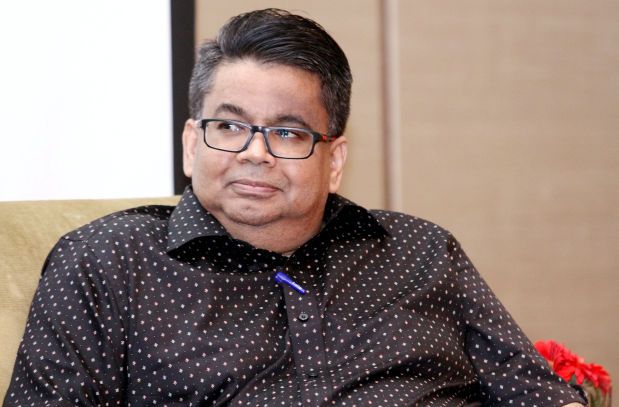





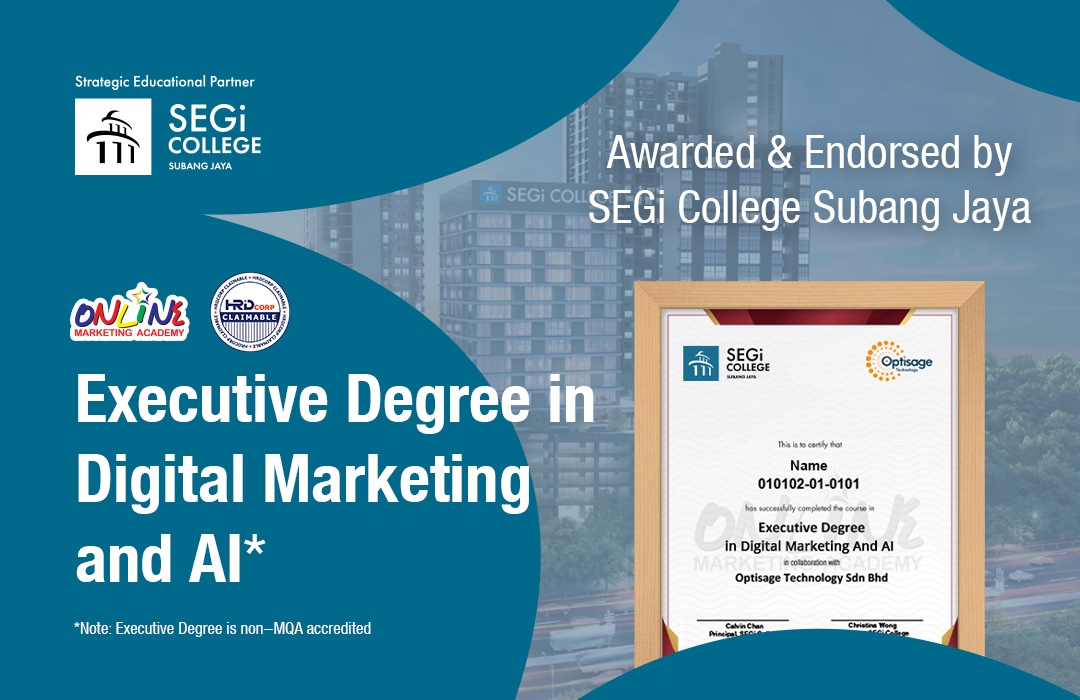
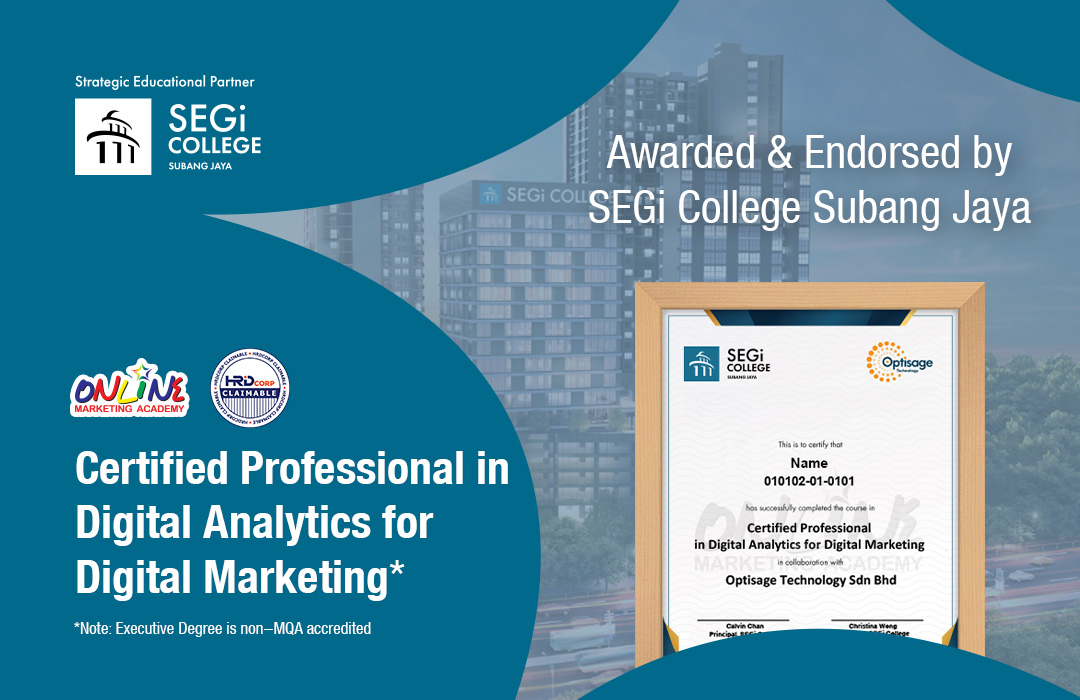
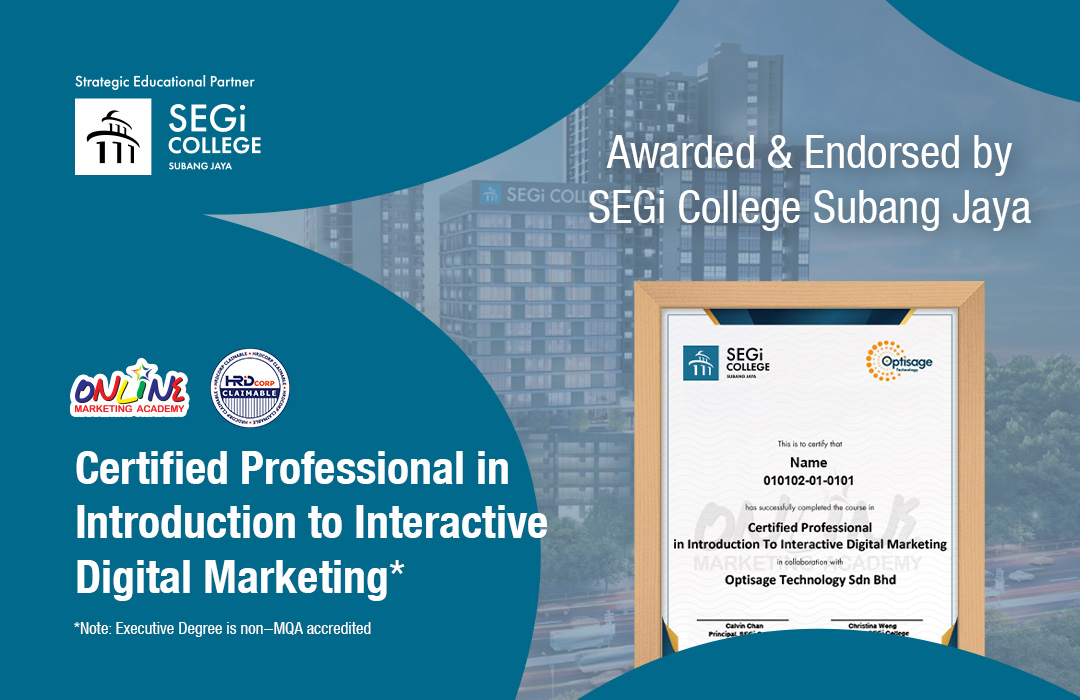
 Whatsapp Us +6011 1144 5462
Whatsapp Us +6011 1144 5462



